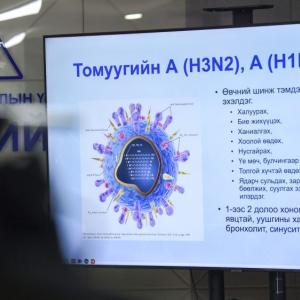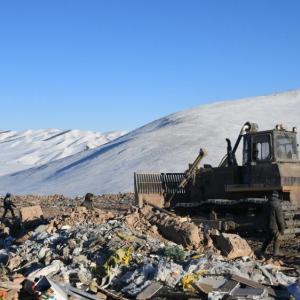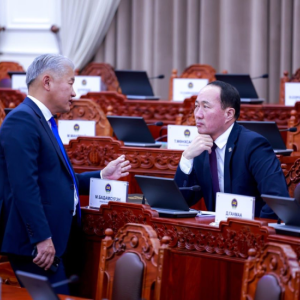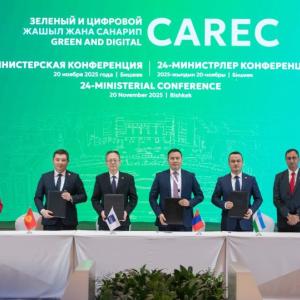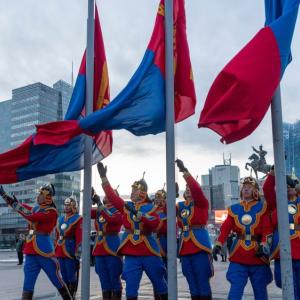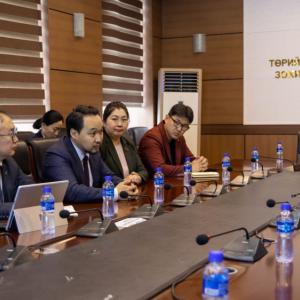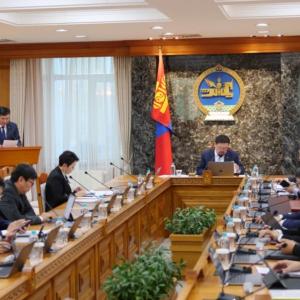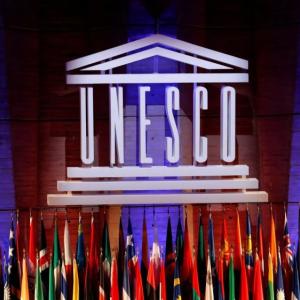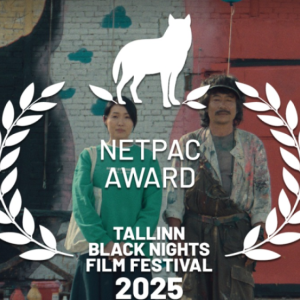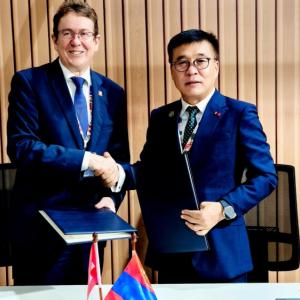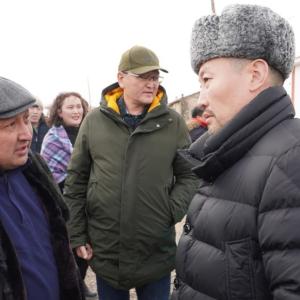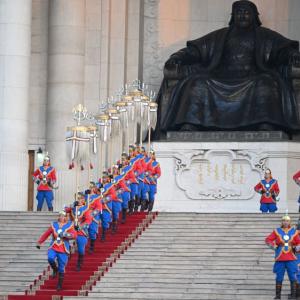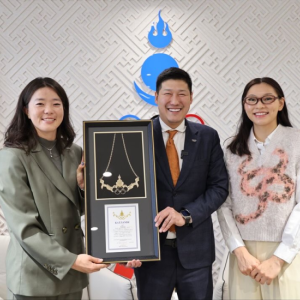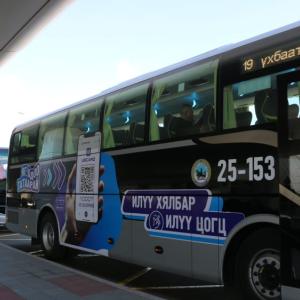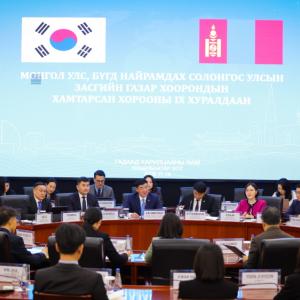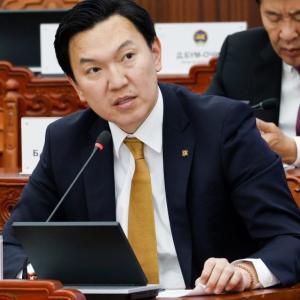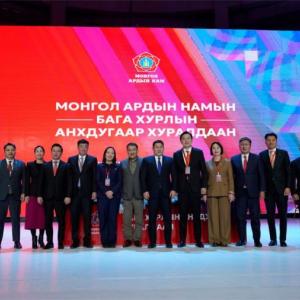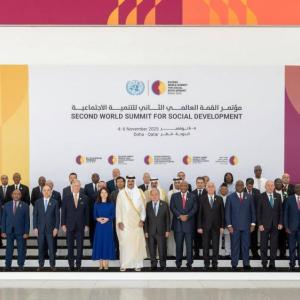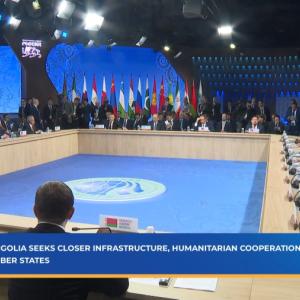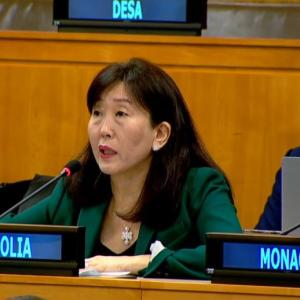Air transport and sector coordination issues among the top obstacles for Mongolia’s tourism sector
Economy
Ulaanbaatar/MONTSAME/. With a unique value proposition to
tourists, Mongolia’s tourism sector has substantial growth potential, but faces
key constraints in air transport and sector coordination, according to the
World Bank’s new study on Mongolia’s tourism sector.
The study, entitled Fostering
Inclusive Tourism Development in the Aftermath of COVID-19, analyzes the
performance of the Mongolian tourism sector, its regulatory environment, and
policy options based on a data-driven economic modeling approach.
“Mongolia’s tourism sector has been severely impacted by the
COVID-19 pandemic and its full potential is yet to unfold. The country has an abundance
of strong niche products for leisure tourism linked to its diverse nature,
nomadic lifestyle, culture, and historical legacy,” – said Andrei Mikhnev,
World Bank Country Manager for Mongolia. “This new study aims to help the
government identify policy priorities for a more inclusive and sustainable
tourism sector.”
Tourism is an important contributor to Mongolia’s economy
and accounted for 7.2% of GDP, 6.8% of total exports, and 7.6% of total
employment in 2019, which was the best year ever, before collapsing in 2020 due
to COVID-19. Relative to comparators in Eurasia as well as to countries outside
of Eurasia with similar geographic features and/or tourism offerings, Mongolia has
been losing market share over the last decade. However, leisure tourism has
continued to expand while business travel has declined. Leisure tourists spent less
time in Mongolia comparing with similar tourist markets.
The government aims to develop sustainable and inclusive
tourism and make Mongolia “the international destination for nomadic culture
and tourism”. This may require prioritizing segments and markets with highest
value potential before increasing the number of foreign tourist arrivals, the
report points out.
The lack of resources allocated for infrastructure
development and a protectionist aviation policy impede sector development,
according to the enterprise survey of tourism companies conducted in the
beginning of 2021. Furthermore, the tourism industry representatives acknowledged
policy and sector coordination issues to be among the top issues facing the
sector, including the lack of centralized marketing support, national tourism
policy implementation, and coordination.
“Mongolia’s tourism sector has
suffered a loss of MNT 1.5 trillion due to COVID-19 with around 1,600 companies
and 88,000 jobs put in risk. We are facing an unprecedented challenge of
retaining experienced professionals in the sector and minimizing the impact of
the economic downturn. The comprehensive analysis—prepared by the World Bank at
this critical time when we need a strategy to revive the tourism sector—will assist
us in assessing the current situation and defining the appropriate measures and
policy,” – said Minister of Environment and Tourism of Mongolia Mr. B.
Bat-Erdene.
Source: World Bank Mongolia
 Ulaanbaatar
Ulaanbaatar

















